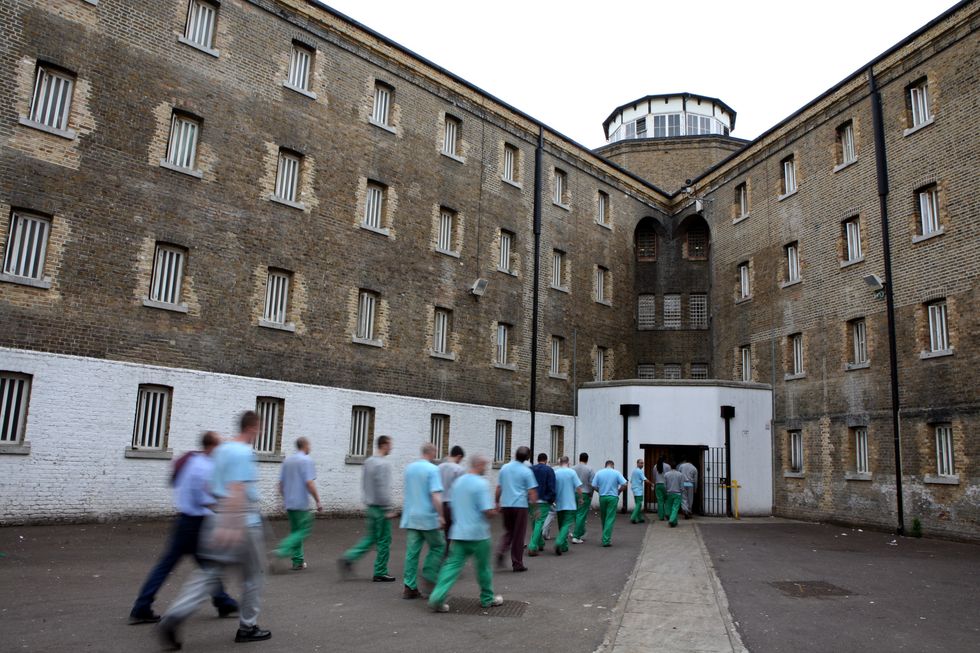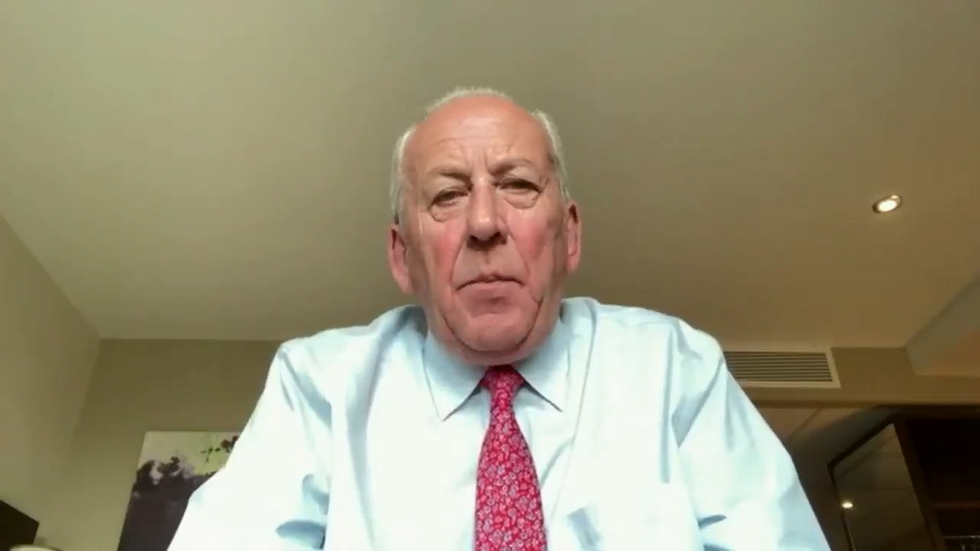More than 38,000 criminals have been released onto Britain’s streets under Sir Keir Starmer’s “rush job” early release scheme.
Ministry of Justice data shows an average of 129 prisoners were freed early every day between September last year and this June.
The scheme, officially named the Standard Determinate Sentences 40 (SDS40) was introduced last year as an emergency measure meant to tackle prison overcrowding.
Under the programme, prisoners serving a fixed-term sentence of fewer than four years can be freed after just 40 per cent of their sentence.
They previously had to serve at least half of their term.
Despite the tens of thousands of early releases, the number of people in prison has still risen from 86,966 in September last year to 87,465.
The Sentencing Bill, currently in the Lords, aims at increasing space in prisons by restricting the use of short sentences and strengthening community punishments.
If passed, it will feature an “earned progression scheme” which will see well-behaved convicts released early.

Prisoners who obey the rules while in jail and are on standard determinate could be released having served as little as 33 per cent of their term under the Bill.
Labour claimed the worst offenders, such as those on extended determinate or life sentences will not benefit from the system.
However, the Tories claimed rapists and paedophiles often serve standard sentences – and therefore could be eligible for early release.
Shadow Justice Minister Dr Kieran Mullan called the plans “a gift to rapists and paedophiles” and “an insult” to victims.
A JUSTICE SYSTEM IN SHAMBLES – READ MORE:
- Five prisoners mistakenly released in last week in addition to Epping sex attacker Hadush Kebatu
- Convicted murderer caught illegally filming himself dancing and rapping in British jail
- WATCH: Labour’s ‘rash decisions’ on prison policies blasted by union boss

The Ministry of Justice said: “This Government inherited a prison system in crisis and took decisive action to stop our prisons from collapsing.
“Public protection is our number one priority. That is why offenders out on licence face strict conditions such as exclusion zones and being tagged, and they can be brought back to prison if they break these rules.”
It added: “We are building 14,000 prison places – with 2,500 opened since last July – and reforming sentencing so our jails are never left to run out of space again.”
Despite promising prisoners would be reincarcerated if they broke the rules, GB News revealed violent drug dealer Elliot Riley remains on the run 12 months after the People’s Channel witnessed him escape from HMP Kirkham.
WATCH: Man jumps over fence on day THOUSANDS of prisoners set free – ‘He’s made an escape!’
At the time, GB News’ North West reporter Sophie Reaper was at the prison to cover the scheduled early release of around 50 prisoners.
Riley was found guilty of conspiracy to supply drugs and possession of criminal property after Greater Manchester Police’s Operation Bowler drugs sting.
Sentenced to eight years behind bars, Riley was among 16 men responsible for the movement of at least 75 kilograms of high-purity cocaine with an estimated street value of £75million.
A Prison Service spokesman said: “We’re urgently working with the police to recapture this prisoner.

“Absconds are rare, but those who break the rules face tough consequences including being moved to tougher conditions and extra jail time.”
Just before that escape, the PM authorised the early release of almost 2,000 prisoners across the UK.
Shortly after his announcement, it was confirmed there were problems with fitting tagging devices on the convicts.
As a result, some of those released did not have one fitted.
Former Met Police detective Peter Bleksley told GB News: “This was a rushed Government policy to open the prison doors and let thousands of potentially dangerous criminals back out onto the streets.
“It comes as no surprise whatsoever that the company that supplies and monitors these tags were ill-prepared for this sudden rush of prisoners.”
He added: “The way the victims of crime are treated in this country is utterly appalling, and is a huge stain on the tattered reputation of this nation.”
Our Standards:
The GB News Editorial Charter







Follow